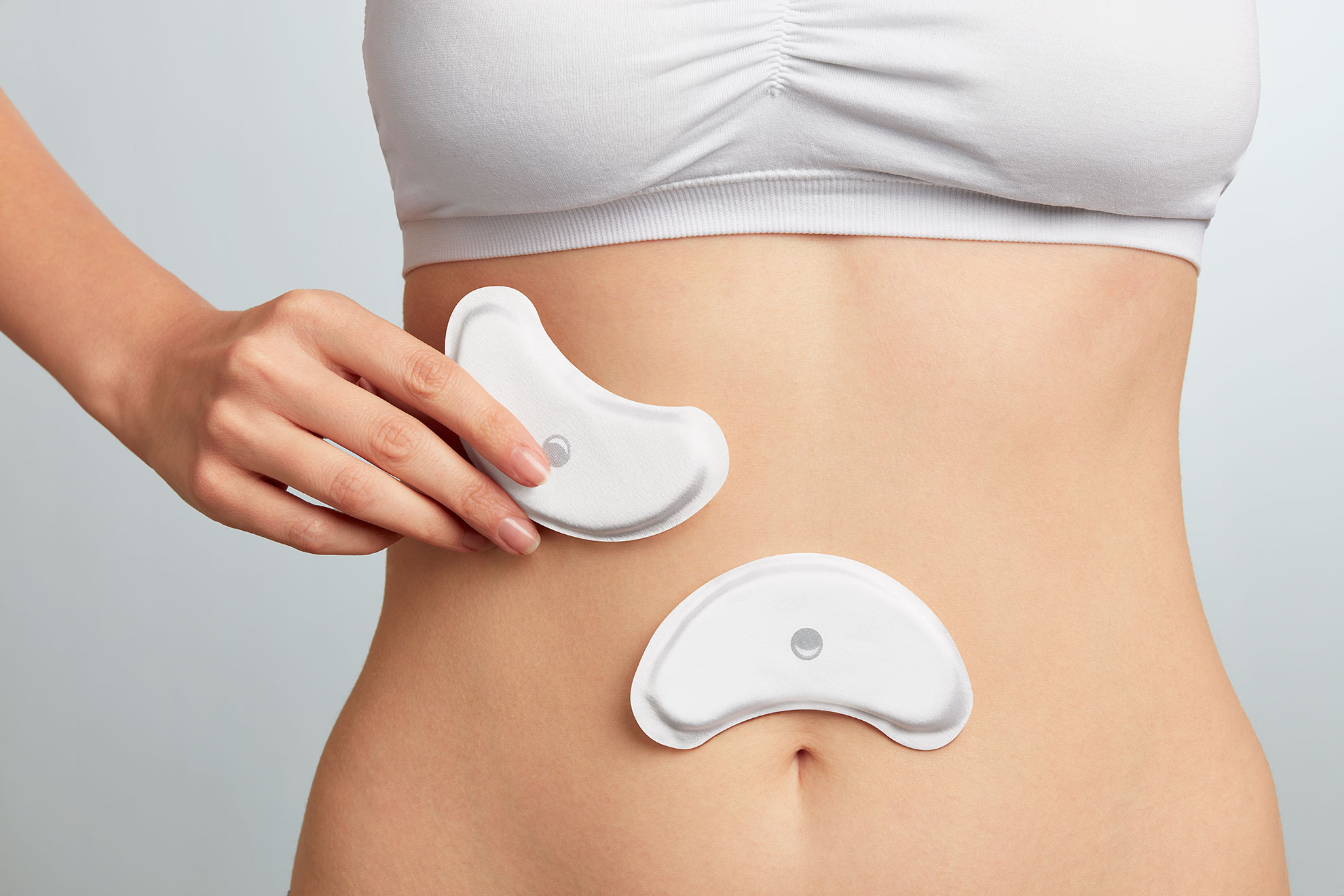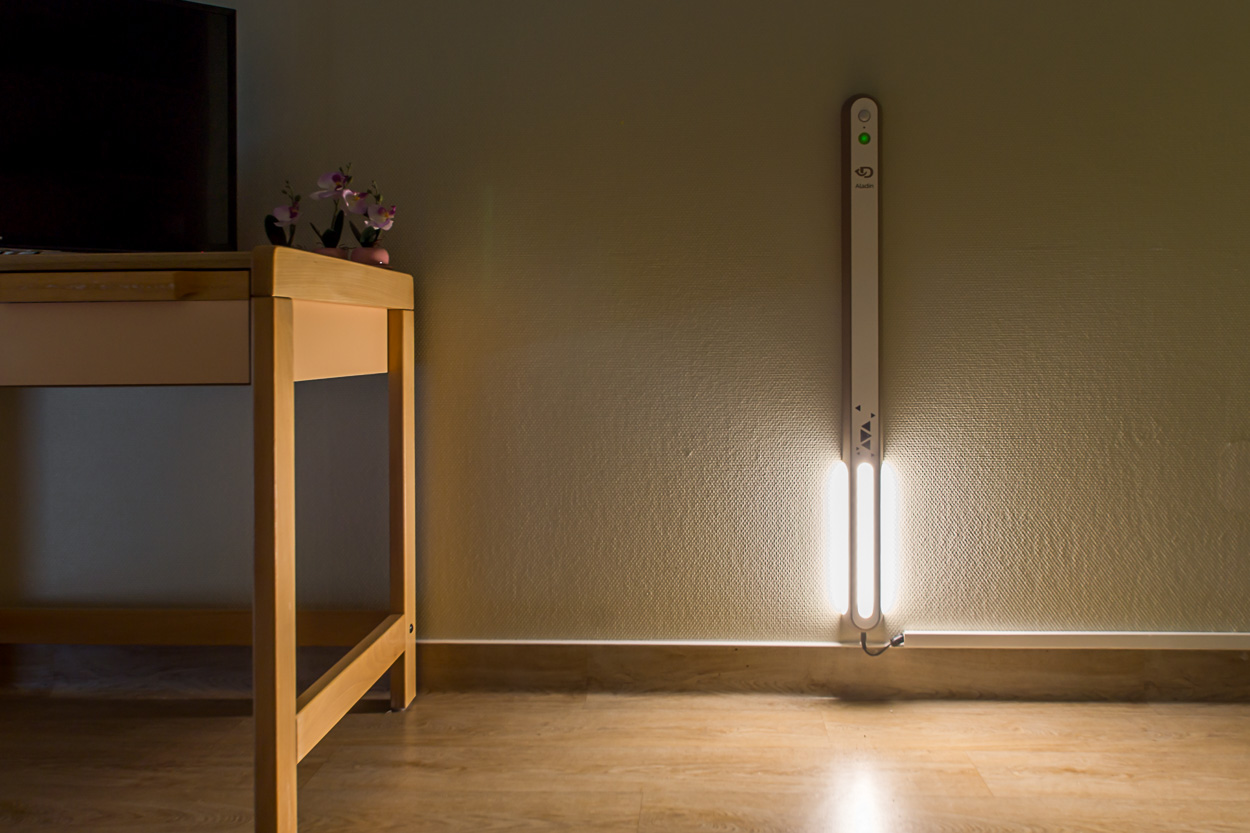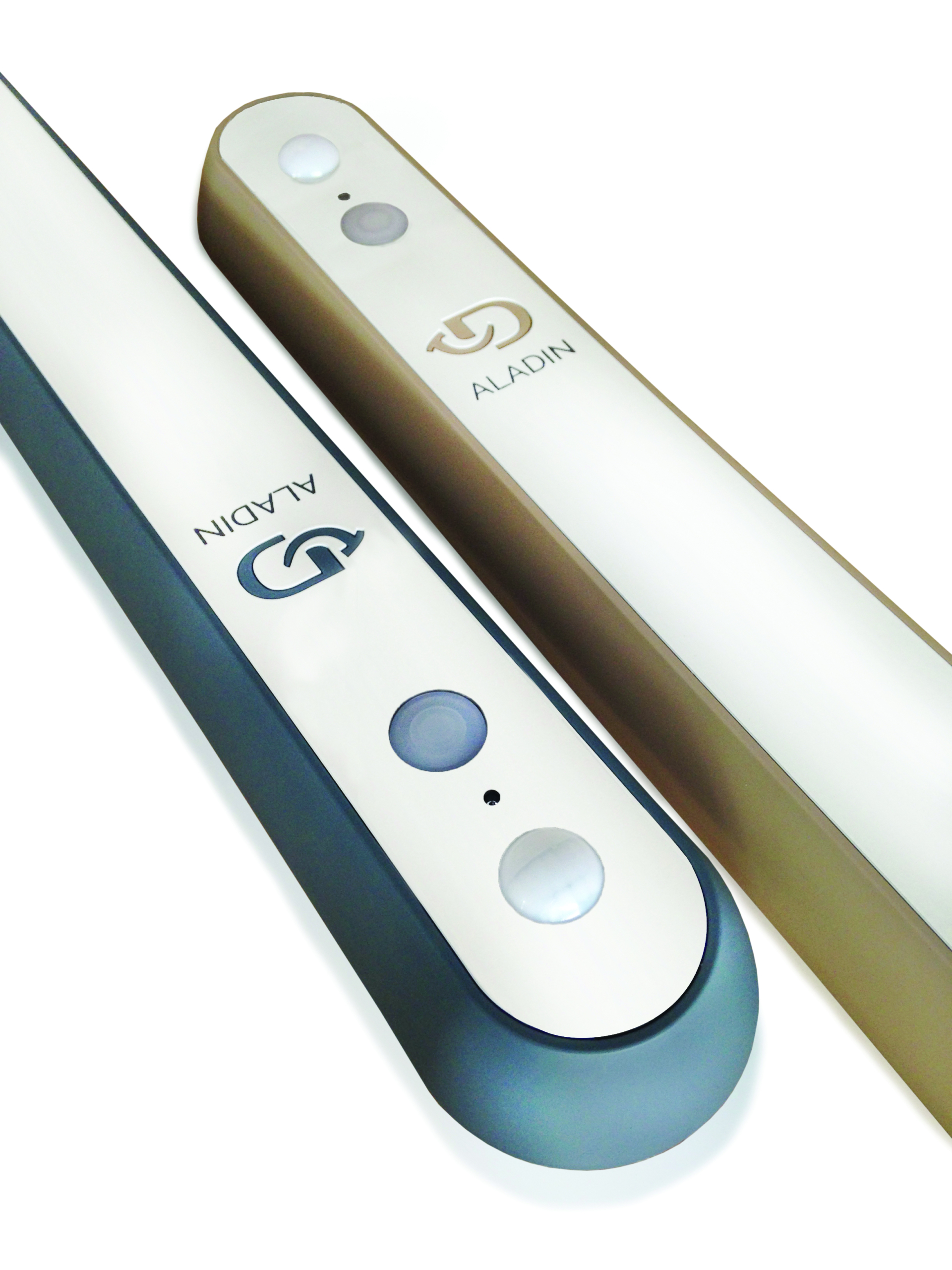
Technological doodads that help us monitor our health have exploded in recent years, starting with our steps (thank you, Fitbit!) and heartbeat and moving into all sorts of innovative spaces. The market for “connected health monitoring devices,” as the Consumer Technology Association calls them, grew 73% in 2020 — and will surge by another 34% next year.
At the 2021 CES show, we expect to see a fleet of these from a variety of companies that aim to improve our understanding of our health, keep us fit, and in general make the world a better place. We call it Tech for Change — and here are a few innovations to keep your eyes on.
One of the most significant advancements in years comes from Valencell, which makes biometric chips and sensors that power wearable devices for your wrists, ears, fingers, and toes. You know that green light that shines out of the back of your smartwatch? It’s called a photoplethysmogram, although no one wants to say that or even try to pronounce it, so Valencell just calls them PPGs. Last year at CES, the company teased the ability to measure blood pressure from your ears, no inflatable cuff required — making future earbuds vastly more useful. This year it is announcing the ability to do that from wrists and fingers as well, truly transforming our wearable devices.
But beyond those two, there are a variety of new gadgets and gizmos meant to enhance our awareness of ourselves and our loved ones. For example, iCardioGuard is a wearable device for long-term real-time monitoring of the elderly. The device monitors ECG waves and thanks to a “psycho-cardiac status analysis method,” it can study cardiovascular performance and emotion, pressure, and fatigue. And Tatch is a new consumer electronic device that helps monitor our sleep, a crucial part of our health. The company calls it “a sleep lab shrunk into a sleek, wearable patch,” and that sounds pretty right on to us.
In another innovation designed to aid the elderly, there’s Aladin by Domalys. A smart lamp of sorts that hangs on the wall and anticipates and prevents falls of residents in assisted living and nursing facilities, Aladin uses artificial intelligence (not sensors) to detect changes in motion, temperature, and more. Its automatic lighting, built-in fall detector, and integrated monitoring system not only reduces falls but can decrease the stress on caregivers, allowing high-risk individuals to be independent again, the company says. Not bad!
Speaking of health, the world is facing one of the most challenging crises in decades in the form of the COVID-19 pandemic, which has transformed the world around us. Thanks to several vaccines developed at mind-bending speed, there’s a roadmap to the fight against COVID-19. It’s going to be a battle, and a variety of innovative tech companies and products coming to the CES 2021 show can help beat the novel coronavirus. We’ve detailed some of those efforts separately, from high-tech screening kits to robots to antibacterial laptops.

It’s not just devices, of course. On December 8, Amazon unveiled Amazon HealthLake, a new service that uses machine learning to aggregate, query, analyze, and organize health data to easily spot trends and anomalies in order to make more precise predictions. It’s also a stab at organizing all of that data; too many services and fitness devices are creating proprietary metrics to measure health, Digital Trends recently reported. HealthLake is an effort to homogenize the information coming out of them, to make it easier for healthcare providers to make sense of it all. After all, do you want your doctor to have an in-depth knowledge of what Garmin’s Body Battery metric means, or should she know some details about your blood pressure and heart rate?
“There has been an explosion of digitized health data in recent years with the advent of electronic medical records, but organizations are telling us that unlocking the value from this information using technology like machine learning is still challenging and riddled with barriers,” said Swami Sivasubramanian, Vice President of Amazon Machine Learning for AWS. “This completely reinvents what’s possible with healthcare and brings us that much closer to everyone’s goal of providing patients with more personalized and predictive treatment for individuals and across entire populations.”
That’s something we can all get behind.








